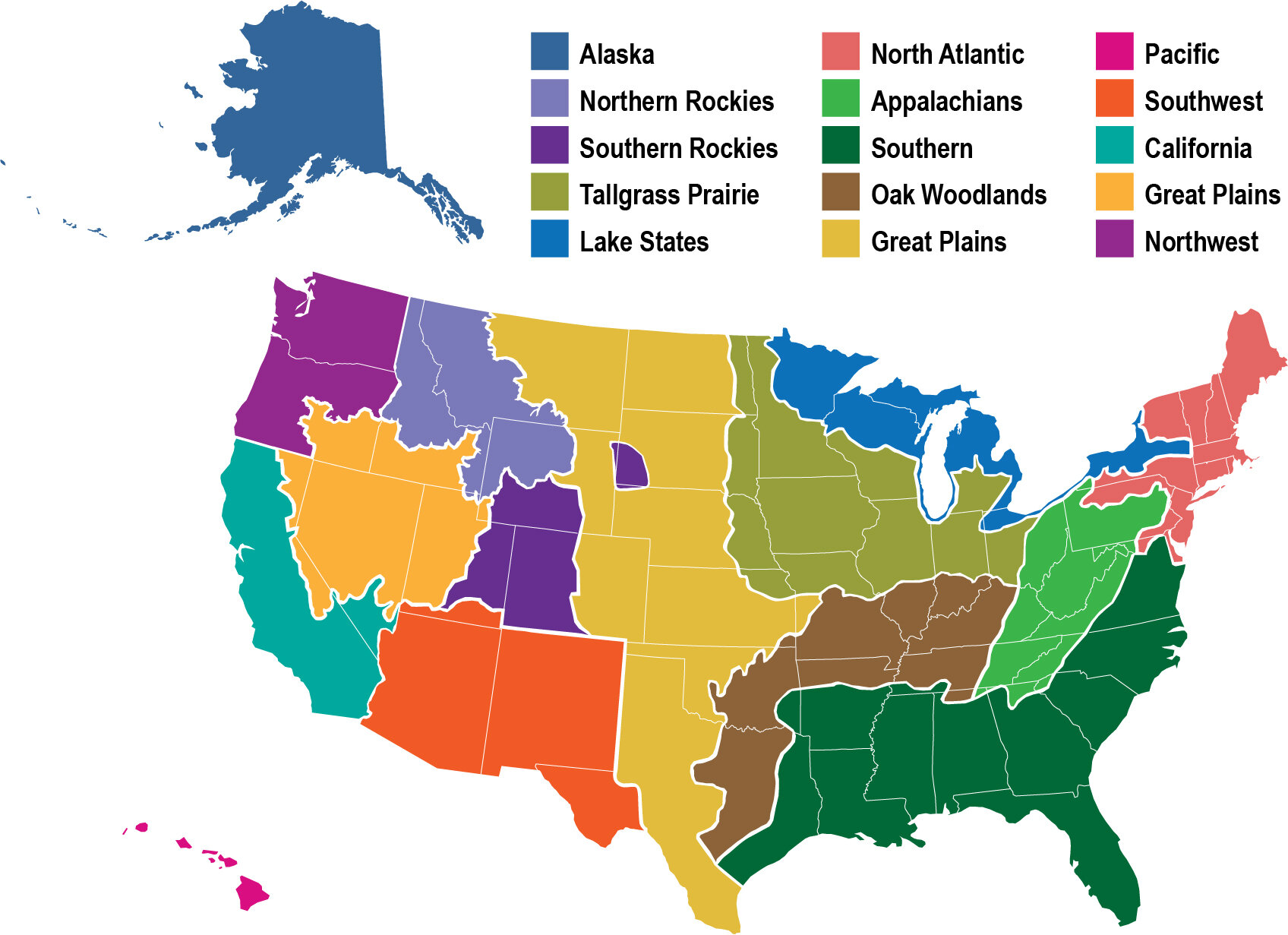Human and climatic influences on wildfires ignited by recreational activities in national forests in Washington, Oregon, and California
/Fire is strongly linked to outdoor recreation in the United States. Recreational uses of fires, whether in designated campgrounds or the backcountry, include warmth, cooking, and fostering a comfortable atmosphere. However, through inattention, negligence, or bad luck, recreational fires sometimes ignite wildfires. This paper evaluates whether the density of wildfire ignited by recreation or ceremony on U.S. Forest Service lands, and the size of such wildfires, is influenced by proximity to designated campgrounds, visitor density, previous and current drought conditions, and the type of vegetation surrounding the ignition point.
Read More





